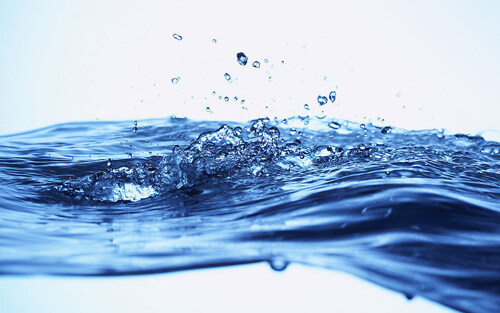Email format error
Email cannot be empty
Email already exists
6-20 characters(letters plus numbers only)
The password is inconsistent
Email format error
Email cannot be empty
Email does not exist
6-20 characters(letters plus numbers only)
The password is inconsistent


Firstly it’s worth noting that there’s a difference between being waterproof and water-resistant. Waterproof means something is impervious to water regardless of how long it is submerged, water-resistant means a product can stop water entering it to some degree, but not entirely. When we’re talking about smartphones and smartwatch it’s almost always about how water-resistant they are. They can’t survive in water indefinitely.
IP is the name of the standard that was drawn up by the International Electrotechnical Commission (IEC) to determine how resistant an electrical device is to fresh water and common raw materials – like dirt, dust and sand.
The first digit after IP is the rating the IEC assigned a unit for its resistance to solids. In this case, it’s six – which means no “harmful” dust or dirt seeped into the unit after being in direct contact with the matter eight-hours.
| Solid Protection | |
| IP Code | Protection |
| 1 | Protection from contact with any large surface of the body, such as the back of a hand, but no protection against deliberate contact with a body part |
| 2 | Protection from fingers or similar objects |
| 3 | Protection from tools, thick wires or similar objects |
| 4 | Protection from most wires, screws or similar objects |
| 5 | Partial protection from contact with harmful dust |
| 6 | Protection from contact with harmful dust |
Next, we have the water resistance rating.
There are two leading ratings at present – seven and eight, with the former meaning that the device can be submerged in up to one meter of fresh water for half an hour, and the latter up to 1.5 meters for half an hour.
| Moisture Protection | |
| IP Code | Protection |
| 1 | Protection against vertically dripping water |
| 2 | Protection against vertically dripping water when device is tilted at an angle up to 15 degrees |
| 3 | Protection against direct sprays of water when device is tilted at an angle up to 60 degrees |
| 4 | Protection from sprays and splashing of water in all directions. |
| 5 | Protection from low-pressure water projected from a nozzle with a 6.3mm diameter opening in any direction |
| 6 | Protection from water projected in powerful jets from a nozzle with a 12.5mm diameter opening in any direction |
| 7 | Protected from immersion in water with a depth of up to 1 meter (or 3.3 feet) for up to 30 mins |
| 8 | Protected from immersion in water with a depth of more than 1 meter (manufacturer must specify exact depth) |
And that’s how IP ratings are formed.
To recap: IP67 means the unit can be dropped into a body of water up to a meter deep for half an hour, while IP68 guarantees protection in water up to 1.5m deep for the same period of time. Both are resistant to dust.